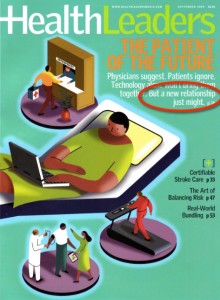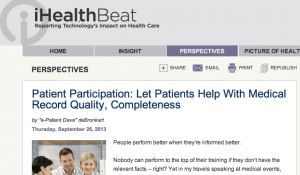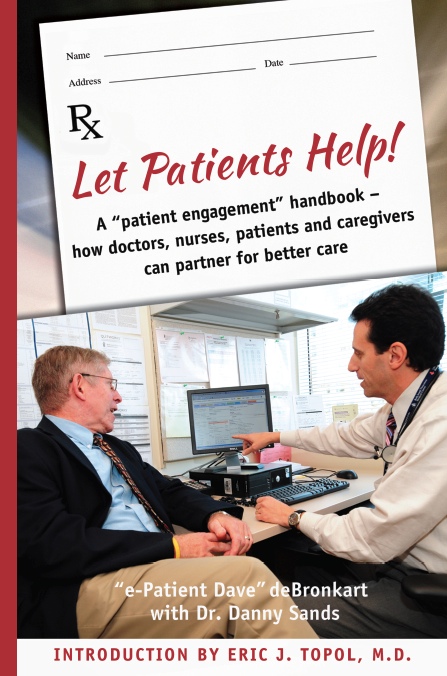 Updated 9/29 with the promised additions
Updated 9/29 with the promised additions
Seattle has the world’s biggest Rotary Club – a lot of sharp, focused Seattle business people. Very different from my usual talk to a medical conference … I’m talkin’ to these people as patients and family members! So the content is different, and some is new this week.
Here’s the video (32 minutes):
Seattle Rotary #4, September 24, 2014 on Vimeo.
Two notes about the video:
- The fonts didn’t upload correctly so some of the layouts overflowed. (30 years into desktop publishing and they still can’t make it work reliably!) An accurate PDF of the slides is on Slideshare.
- Around 31 minutes I say that I’ll post my call to action online: our society needs mid-level managers who know how to create a team and produce a result! They’re on slides 50-56.
As promised, links to material cited in the talk:
[Read more…]






